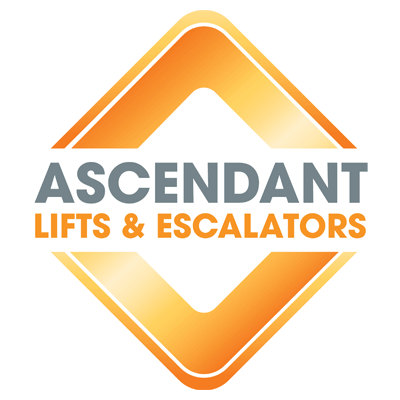Lifting Operations and Lifting Equipment Regulations consist of regulations to ensure the safe use of lifting equipment in the workplace. LOLER also commonly known as thorough examination covers a wide range of equipment including lifts, hoists and mobile elevating work platforms. This also includes lifting accessories such as chains, slings, eye bolts etc. However, escalators, moving walkways and simple pallet trucks that lift their load only a few inches do not apply under LOLER.
Nationwide Lifts & Escalators Ltd can perform LOLER inspections or commonly knows as thorough examination for clients throughout the UK.
LOLER inspections should be performed on lifting equipment:
- Before it is first used
- Immediately after the repair or replacement of an essential component
- Whenever it is removed and re-fitted to the original chassis
- Within 12 months of its last examination
Lifting Operations and Lifting Equipment Regulations place duties on people and companies who own, operate or have control over lifting equipment. If the lift equipment is used for work then the Provision and Use of Work Equipment Regulations (PUWER) will also apply. As qualified personnel our engineers will be able to plan, appropriately supervise and carry out the operation in a safe manner. LOLER examinations are also mandatory and must be conducted thoroughly in order to determine whether the lift is suitable for operation and assess the significance of any defects.
LOLER also requires that all equipment used for lifting is fit for purpose, appropriate for the task, suitably marked and, in many cases, subject to statutory periodic thorough examination. Records must be kept of all thorough examinations and any defects found must be reported to both the person responsible for the equipment and the relevant enforcing authority.
If you are responsible for a lift then you are a duty holder. Roles of the duty holder include:
- Maintaining the lift so it is safe to use
- Selecting and instructing the competent persons
- Ensuring the lift is examined at statutory intervals
- Keeping the competent person informed of any changes in the lift operations
- Making all relevant documentation available
- Acting promptly to remedy any defects
- Ensuring that all documentation complies with the regulations
- Accurate record keeping
Any business or organisation whose employees operate lifting equipment on the job are required to comply to these regulations, which come under the Health and Safety at Work Act.
LOLER, Competent Persons and Duty Holders explained.
As COMPETENT PERSONS we are able to carry out THOROUGH EXAMINATIONS on your lifts. We have included below some information which we hope will be of assistance if you are a lift owner or the person responsible for the safe operation of a lift used at work, for example a facilities manager or supervisor.
The Lifting Operations and Lifting Equipment Regulations 1998 (LOLER), which came into force on 5th December 1998, were made under the Health and Safety at Work etc. Act 1974 (HSW Act). LOLER implements the lifting provisions of the Amending Directive to the Use of Work Equipment Directive (AUWED) (951631EC).
LOLER consolidated the requirements for the safe Provision and use of lifting equipment. Regulation 9 of LOLER requires that all lifts provided for use in work activities be thoroughly examined by a COMPETENT PERSON at regular intervals.
This applies to lifts and hoists used to lift people or loads.
